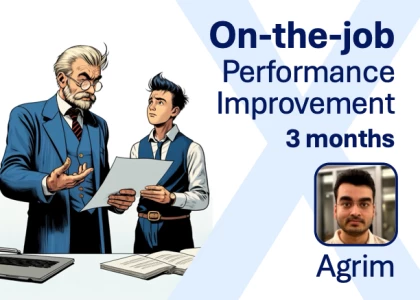Hi experts, below are my understanding of different types of integration, could you please let me know if my understanding is correct?
Vertical Integration:
e.g
- Buy its supplier (upstream)
- Buy its distributors (downstream)
Pro:
- Cost saving
- Control the value chain
Con:
- Too big to manage
- Lack of expertise in upstream or downstream which was not the core of the client
Horizontal integration:
e.g.
- But its competitors or peers
Pro:
- Access to larger market or customer base
- Economic of scale and cost reduction synergies (e.g. consolidate procurement, back office, mkting functions.)
Con:
- Backlash from competition regulators
There's another situation, I don't know where it sits - It's a company expanding to its downstream, for example (Ross case book 2012: Delson Hard Drive): Our client is a hard drive company that sells their hard drives to OEMs, and OEMs sell data storage services to ending customers. Our client has acquired a start-up that can provide data services, meaning the client will compete with the OEMs in the ending customer markets.
May I know if this is also a situation of vertical integration? What are the pro and cons?
Thanks a lot.














